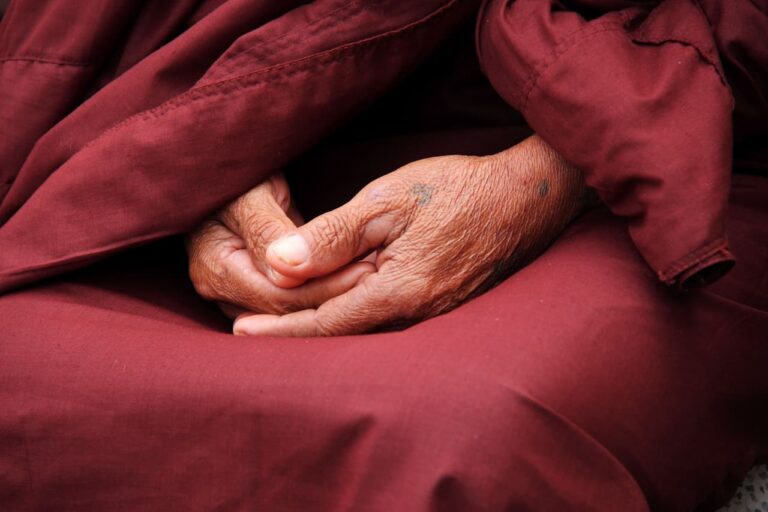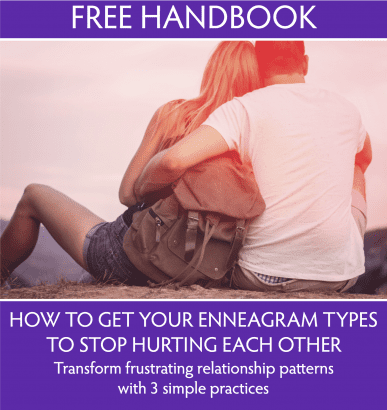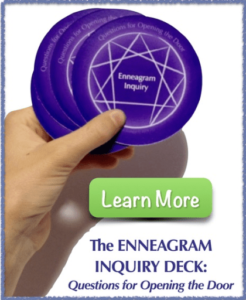You’ve heard the adage, “Awareness is the first step.” In inner work, this is also true. Without conscious awareness, we can have the intention and desire to do things differently and effectively no keel in our boat— nothing to keep us steady and on-course through the winds and currents that buffet us about in daily life.
You might say, “But how is awareness important in addressing themes in my ordinary life? How can it help me with my procrastination, my rocky relationship, or my desire to earn more money?”
In personal work, it is rare that any lasting change is made without awareness. You’ve likely heard of the concept of “mindfulness,” now frequently woven into cutting-edge conversations in education, health care, leadership, and psychology. Once the purview of Buddhist monks, and other contemplative religious traditions, it has made its benefits known in recent years in the most secular and practical of ways. And if some enriching side effects of the sacred and profound accompany your leadership development, well, hey— that’s a bonus!
In working with Enneagram types, by “awareness,” we mean paying attention to our experience in a particular type of way. It means noticing our experience, not judging or controlling it. It means being with my experience without being defined or consumed by it. I don’t assume that my sensations, thoughts, and emotions are the truth, neither do I indulge or reject them. I am awake to my experience in the moment.
In a given ordinary moment, I perceive the world through a particular set of filters— my culture, my gender, my generation, my status, and my unique personal history. And permeating all of these filters is my “meta-filter”: my Enneagram type.
The Inner Observer
Also consistently with us, although inconsistently engaged, is our “inner observer.” This is our innate capacity to witness our experience in the present moment. As we shift our attention to observe our inner life, we can begin to notice which of our filters are operating. Without this ability, we are likely to be carried along by the current and find ourselves, for good or ill, in the same waters and weather patterns most familiar to us. At Two, for example, I will generally be carried toward others’ needs and away from being aware of my own.
Cultivating this type of awareness supports our ability to loosen our identification with our enneatype structures, and ultimately be free to respond to life freshly in the moment. Our autopilot (type) is reliable, and will keep directing our attention in predictable ways. As we notice where it “runs” us, we can see that its precepts are not actually the holy edicts we have taken them to be, but simply one of nine predictable and useful, but limited, templates. We find that these structures are not actually what holds up the world. Observing our patterns allows us to see them in action and acknowledge their function, yet ultimately not buy into them.
As a Nine, it has taken me some time to loosen my conviction that upsetting others is a terrible outcome. My body will often still react with dread if I do or say something that I believe will hurt someone’s feelings. By watching this pattern over time, my observer can now help me notice with neutrality and compassion my engrained reaction when it arises. It helps me to accept it, and to move through and past it (on a “good” day).
While this ability to self-observe is intrinsic in us, many of us are not aware of it as a distinct state or capacity. It can feel elusive to pinpoint what the difference is in observing, analyzing, evaluating, studying, or simply thinking. One thing that can help us distinguish this type of awareness is that it doesn’t have an agenda, an opinion, or content of its own. It can pay attention to opinions and content, but it simply abides with us as our thoughts and feelings arise and fade.
The Obstacle of the Judge
A main pitfall in cultivating awareness is the aspect of ourselves that could be called the inner critic or the judge. Sometimes this part of us is easy to identify, such as when we internally tell ourselves messages that sound mean such as, “My ears are ugly,” or “I should be better at this- I’m so pathetic.”
Other times, it is more subtle or crafty. As a Nine, my inner critic will calmly make statements through my thoughts, or even in my body, telling me that expressing myself passionately will lead to disconnection. Like a computer reminder that sounds in the case where I’m at risk of forgetting or betraying my operating principles, the judge might say in a cordial, airline stewardess voice, “Remember, anger only leads to trouble.”
Whether sly or crass, in contrast to the Inner Observer, the Judge does have an agenda, an opinion, and plenty of content to offer about how we ought to be or act.
In learning to cultivate awareness of our inner territory, it’s not a matter of whether we will encounter the critic, but of how adept we can become at catching it. There are crucial things to learn about how to disengage and disarm our critics, but to start with, the essential task is to notice that it has shown up again, and to bring our attention back to the present moment. We can do this with the help of our Inner Observer.
An Inner Work Out
Like our muscles, our Inner Observer gains strength and health through regular exercise. We may use it throughout the day and not realize it. It’s common for me to realize in retrospect that my observer had been present, but that it got usurped by some other aspect of me (like the Judge).
And like getting physically fit, after awhile, it becomes rewarding, even enjoyable, to practice, and we appreciate the results- more agility, resilience, groundedness, etc.
Below are some classic ways to strengthen this muscle, to cultivate your awareness. If you are new to awareness practice, choosing one of these to attend to 2-3 times a day for five minutes, or once a day for a week is probably plenty.
- Notice your breath rising, turning, and falling. See if you can keep bringing your attention back to following each part of the breath. See how possible or how challenging it is to focus your attention in this way.
- Notice your body sensations. Practice staying with them in an observational way – not evaluative (good, bad or otherwise). When your thoughts and emotions rise up and grab your attention, simply notice this and come back “home” to attending to your body sensations.
- Watch for a particular theme of your enneatype as an observer. There are several important themes for each type, but here are suggestions of one theme each type could track for a period of time. I can notice how my attention goes to the following themes:
Type 1: Error/wrongness
Type 2: Others’ needs
Type 3: Efficient action
Type 4: What’s missing
Type 5: Intrusion/demands
Type 6: Security/trustworthiness
Type 7: Positive possibilities
Type 8: Protection/power
Type 9: Others’ agendas
I might be able to see that a theme defines my enneatype or world view, but it’s another thing to intentionally commit to witnessing it. It might actually be harder than I think to stay awake to a pattern that usually carries me along down the river of daily experiences. If you do find it hard, or even discouraging, you’re probably on the right track. If your Judge tries to direct your process, you’re human like the rest of us.
It is easy to fall back into being unconscious of our habits of attention. Like paying attention to the breath, it takes effort and practice to notice this faithful, essential, support that’s happening every moment.
Often it is pain or discomfort (or the threat of it) that supports our choosing to practice self-observation. If I might lose my job or relationship if I can’t get a handle on my pattern, all of a sudden I have motivation to want to see it, to separate from it, and to have more choice about it.
Yet, even in a case like that, it can be hard to see, to admit, or to want to go there. Our enneatype structures feel like our foundation, even our precious darlings. “What?” says the Eight. “Why the hell would I work on feeling more of my vulnerability? How could that be a good idea?”
As the wind and water of life keep churning and changing, cultivating your awareness gives your boat ballast and an uprightness from which you can understand and navigate the elements. It is foundational. Without it, the two other keys of inner work don’t have much to hold them up.
What helps you want to stay awake and pay attention?
What gets in your way?
Please share with us in comments below.
Part 1: Introduction – THREE KEYS FOR INNER WORK
Part 2: Cultivating Awareness
Part 3: Responding to Reactivity










3 Responses